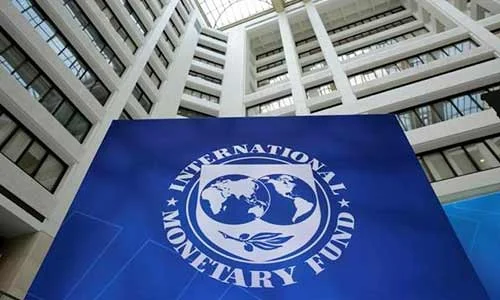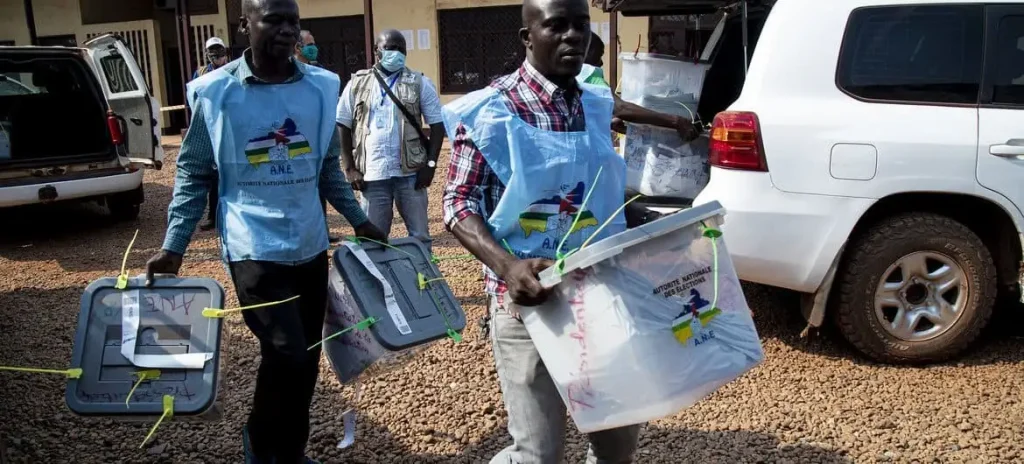The International Monetary Fund (IMF) announced on August 4, 2020, a $1 trillion lending capacity to support its 189 member countries in mitigating the economic fallout from the Covid-19 pandemic. This follows the U.S. Federal Reserve’s decision to slash interest rates to near zero and launch a $700 billion stimulus program to shield the U.S. economy from the virus’s effects.
Emergency Funding for Developing Nations
IMF Managing Director Kristalina Georgieva highlighted the Fund’s ability to deploy up to $50 billion through its emergency response toolkit to address urgent balance-of-payment needs in emerging and developing economies facing capital flow reversals and commodity shocks. Of this, $10 billion is available at zero interest rates for low-income members via concessional financing facilities.
Ongoing and New Arrangements
The IMF currently manages 40 arrangements with commitments totaling $200 billion and has received interest from approximately 20 additional countries, with follow-ups planned. The Catastrophe Containment and Relief Trust (CCRT) offers immediate debt relief to the poorest nations, with $400 million currently available, bolstered by a $195 million pledge from the UK. The IMF aims to increase this to $1 billion with further donor support to free up resources for health, containment, and mitigation efforts.
Policy Recommendations
Georgieva urged governments to expand support for affected individuals and businesses through measures like enhanced paid sick leave and targeted tax relief. Central banks in emerging markets were advised to address economic shocks proactively to stabilize their economies amid the global crisis.
Global Economic Context
The announcement comes as global Covid-19 cases surpassed 18.28 million, with nearly 694,000 deaths, according to Johns Hopkins University. The pandemic’s economic toll, including disrupted supply chains and reduced demand, has strained economies worldwide, prompting urgent multilateral responses like the IMF’s lending initiatives.






